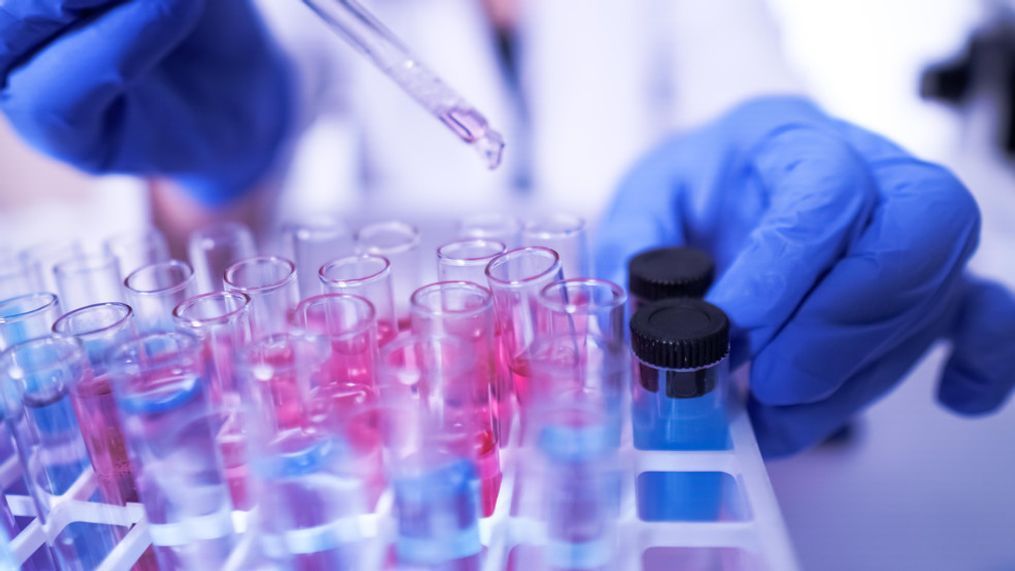BRCA gene testing: What you need to know

Breast cancer awareness month marks a great time to brush up on your knowledge regarding the importance of BRCA gene testing.
BRCA gene testing scans the body for mutations in both the BRCA1 and BRCA2 genes. BRCA1 mutations increase the risk of developing triple-negative breast cancer, while BRCA2 mutations increase the risk of developing diseases such as breast, ovarian, and melanoma cancers.
It's important to note that both the BRCA1 and BRCA2 genes are inherently present in every person, and mutations in these genes do not allow them to function properly. If your family has a history of cancer, you may be inheriting mutated BRCA genes, which is why this sort of gene testing is so critical – especially for at-risk populations.
What types of tests are available?
There are several types of BRCA gene tests available for people who want to get scanned. Some of these tests specifically look for mutations in those two genes, while others check for all known mutations that could cause different types of cancer.
How can someone get tested? DNA is always needed to run an accurate test, typically via either a blood or saliva sample. The results could take up to a month to come in, and it's recommended you seek genetic counseling before and after any testing is submitted. A genetic counselor can help assess your risk before a screening and help you review options post-screening.
What happens if you test positive?
The good news is that a negative test means you do not carry the gene, and so you have nothing to worry about. A positive test, however, means you not only have a chance of developing cancer, but also a 50 percent chance of passing it on to a child. Here are some things you can do if you receive a positive test:
- Enhanced screenings: Enhanced screenings, such as mammograms and MRIs, work to detect cancer early so the disease is much more manageable should it develop. These screenings are typically performed annually to better protect you.
- Prophylactic (Risk-reducing) surgery: If you and your genetic counselor deem you are a high-risk candidate, there are prophylactic surgeries that can reduce your risk. This type of surgery actually removes as much of your at-risk tissue as possible, significantly reducing the risk of mutated genes developing into cancer. This type of surgery can reduce your chances of developing cancer by as much as 80 percent.
- Chemoprevention: Chemoprevention drugs are not as proven as surgery, but they can be a great option for people who don't feel comfortable – or who can't – undergo surgery. Two types of chemoprevention drugs have been approved by the FDA, and they can be taken in pill form.
Sinclair Broadcast Group is committed to our viewers' health and well-being, which is why we initiated Sinclair Cares. Every month we'll bring you information about the "Cause of the Month," including topical information, education, awareness, and prevention. October is National Breast Cancer Awareness Month.
